Ayurveda, the ancient system of medicine originating from India, emphasizes the balance of the body’s energies, or doshas, to maintain health and prevent disease. When it comes to common ailments like coughs and colds, Ayurveda offers a range of natural remedies that focus on alleviating symptoms, boosting immunity, and restoring balance to the body.
Coughs and colds are typically caused by an imbalance in the body’s doshas, particularly when there is excess Vata (air and ether) or Kapha (earth and water). Ayurvedic remedies aim to address these imbalances through natural ingredients and practices that are both effective and gentle.
These remedies frequently use ingredients which are with ease available for your kitchen, including honey, ginger, and turmeric. They work by harnessing the therapeutic properties of these substances to soothe the throat, reduce inflammation, and enhance overall well-being.
Incorporating Ayurvedic home remedies into your routine can offer a holistic approach to managing coughs and colds, complementing conventional treatments and supporting your body’s natural healing processes.
1. Tulsi
In Ayurveda, Tulsi is called ” mother medication of Nature” and “The Queen of Herbs.” Tulsi leaves help enhance the man or woman’s potential to combat towards common bloodless as well as cough.
How it works
Tulsi boosts the production of antibodies, thereby preventing the onset of any infections. Tulsi has cough-relieving properties. By helping you clear the mucus from your cough, it helps relax your airways.
How to take
Tulsi leaves
- Check four to five tulsi leaves as soon as you wake up. Tulsi leaves are still a good way to strengthen your immunity.
Tulsi kadha
- Take a few tulsi leaves. Wash it well.
- Place the tulsi leaves into a boiling pan of water. Add 5–6 peppercorns and 1 teaspoon of chopped ginger to it.
- Boil the mixture for at least 10 minutes.
- Lastly, squeeze in a quarter of a lemon and sprinkle with black salt.
- Let it stand for 1 minute.
- Strain and drink it warm.
Tulsi Tea
- Pour 1½ cups of water over some fresh tulsi leaves.
- Boil on a medium flame for 10 minutes.
- Strain the water using a strainer.
- Add lemon juice and mix well.
- Drink warm to get remedy from cough and cold.
2. Honey
With loads of antimicrobial properties, honey is not only heavenly for your taste buds but also helps ease sore throat. It is an effective cough suppressant.
How it works
By facilitating the coughing up of heavy mucus, honey relieves congestion in the chest. This helps reduce wet cough.
How to take
- Take a teaspoonful of honey before going to bed at night to reduce the severity of cough. Continue till your cough does not go away.
Honey in Ginger Juice
- Take 1 teaspoon honey.
- Upload 1 teaspoon of ginger juice and 1 pinch of black pepper.
- Take once in the morning and once before going to bed at night to get relief from a sore throat and cough.
- Honey is a miracle of nature, which not only aids in improving digestion but also boosts your metabolism.
3. Mulethi
Mulethi or Licorice, also known as “Sweet wood”, is an effective Ayurvedic herb for cough. The application of mulethi powder helps relieve cough, sore throat, and overproduction of mucus in the respiratory tract.
How it works
Mulethi has expectorant property. thins and eases the respiratory tract’s mucus lining. This eases coughing and reduces congestion.
How to take
Mulethi water
- One teaspoon of the Mulethi powder should be added to one glass of warm water. Drink this twice a day.
Mulethi tea
- Boil some water and add one tiny piece of mulethi root to it. After adding the grated ginger, simmer for about five minutes.
- Add a tea bag and drink this tea twice a day.
Mulethi kadha
- Add a pinch of cinnamon powder, black pepper powder, 1/4 teaspoon mulethi powder, and a few tulsi leaves.
- Add to 1 cup of boiling water. Simmer for 5 minutes.
- Spoon into a cup and top with 1 teaspoon honey.
Drink this kadha twice a day.
4. Pippali
Pippali is a powerful herb in managing cough and bloodless. research shows that it offers remedy for headache and congestion related to commonplace bloodless.
How it works
Pippali loosens mucus and enablesthe patient to cough it out, consequently allowing the patient to respire freely. This is due to its expectorant property.
How to take
Pippali Churna
- Take a pinch of pippali churna.
- Swallow it with 1 teaspoon honey.
- Repeat one or two times daily until the cough and cold go away.
5. Sonth
Dry ginger, popularly referred to as sonth, sukku or soonth, is one of the major elements of natural cough syrups. Sonth, while fascinated with honey, acts as a calming treatment for cough and bloodless.
How it works
Sonth contains certain molecules that have anti-inflammatory properties. This helps reduce sore throat.
How to take
Sonth with honey
- Combine 1/4 teaspoon sesame seeds with 1 teaspoon honey. For at least three days, thoroughly mix and take twice daily.
Sonth Goli
- Take 2-3 tbsp of desi ghee in a pan. Keep the flame low.
- Add 2-3 teaspoons of jaggery powder and let it melt. To this, add 2-3 tablespoons of turmeric powder. Mix well.
- Allow it to cool.
- Shape into bite-sized balls.
- You can take 1 goli twice a day.
6. Cinnamon
This woody aromatic spice is loaded with many health blessings and one among them is remedy from cold and cough. It is excellent for relieving a sore throat in addition to treating the common cold.
How it works
Cinnamon is known to have antiviral property. This aids in the defense against the common cold-causing virus. It also has anti-inflammatory properties that help give relief from a sore throat.
How to take
Cinnamon tea
- Make your regular cup of black tea.
- Add a pinch of cinnamon powder to it.
- Drink it 2-3 times a day.
Cinnamon with honey
- To 1 teaspoon of honey, add 1/4 teaspoon of cinnamon powder.
- Mix and take it twice a day for at least 3 days.
7. Giloy
Giloy, whose leaves resemble betel leaves and are also called Amrita or Guduchi in Hindi, has heart-shaped leaves.
It aids in the treatment of colds and coughs brought on by allergies to smoking, pollution, or pollen. It also helps to manage cold and tonsillitis. It is also the best plant for increasing immunity.
How it works
Giloy has good anti-inflammatory property. This lessens sore throats and frequent coughing.
How to take
Giloy juice
- In the morning, take two tablespoons of Giloy juice with warm water on an empty stomach.
Giloy tablet
- Alternatively, you can also take 1 Giloy tablet with warm water in the morning.
- You can buy Giloy juice or tablet from any Ayurvedic store or buy online.
Quick Remedies to Avoid Cold and Cough
- Wash your hands properly with soap and water for at least 20 seconds to prevent the spread of cold viruses.
- Avoid touching your face, eyes, or nose.
- After coming into contact with contaminated work surfaces such as doorknobs, mice, chair handles, etc., sanitize your hands with alcohol-based hand gels.
- People with colds and coughs should be kept six feet away from you.
- Wear a mask whenever you step outside the house or whenever you come in contact with people you don’t live with.
- Drink more water, as well as hot tea and other drinks. Put a few drops of eucalyptus oil in a bowl of hot water and practice steam inhalation. To relieve stuffiness in your nose, repeat two to three times a day.
- Increase the strength of your immune system by eating a well-balanced, high-vitamin C diet. Finally, to keep yourself active, participate in yoga or other forms of exercise.
Also Read
AI-Driven Health Monitoring: Redefining Healthcare with Precision-Driven, Visionary Technology
To read more about these topics, visit our website, www.consumerviews.in and share it with your friends / Follow our Facebook page, Consumerviews India.


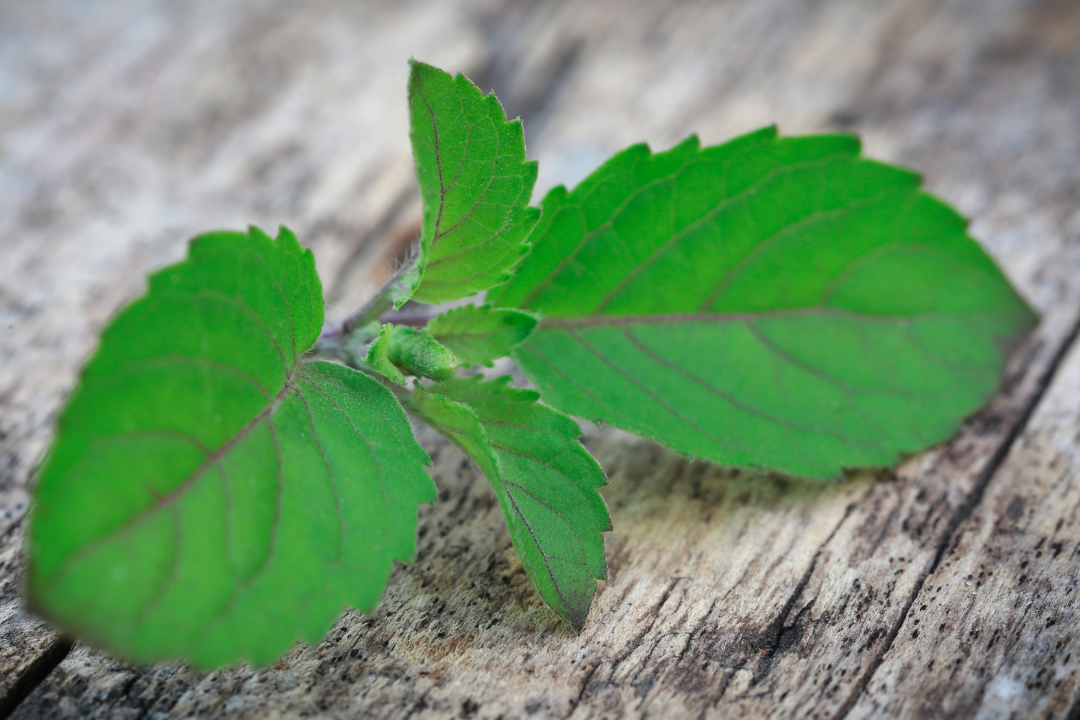
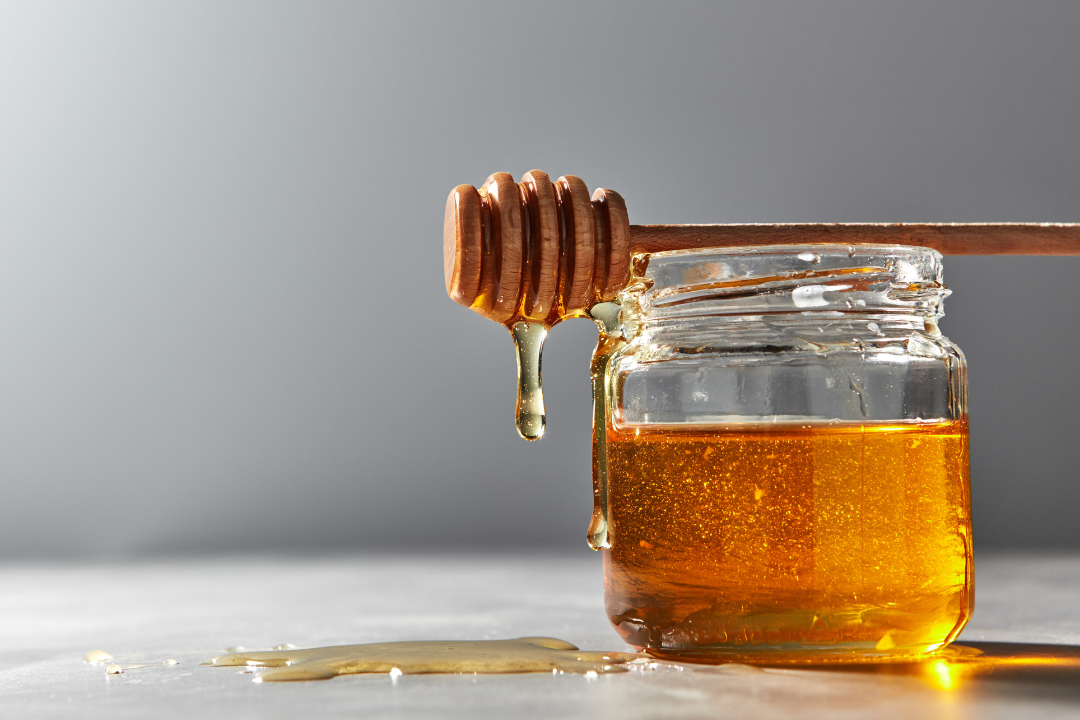
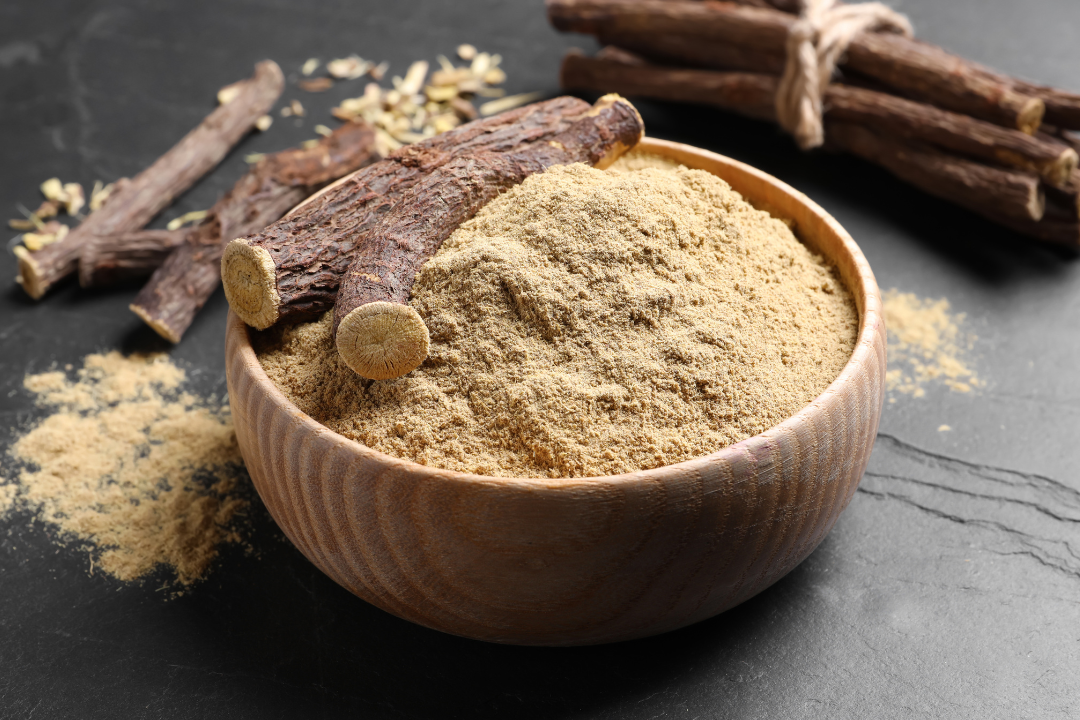
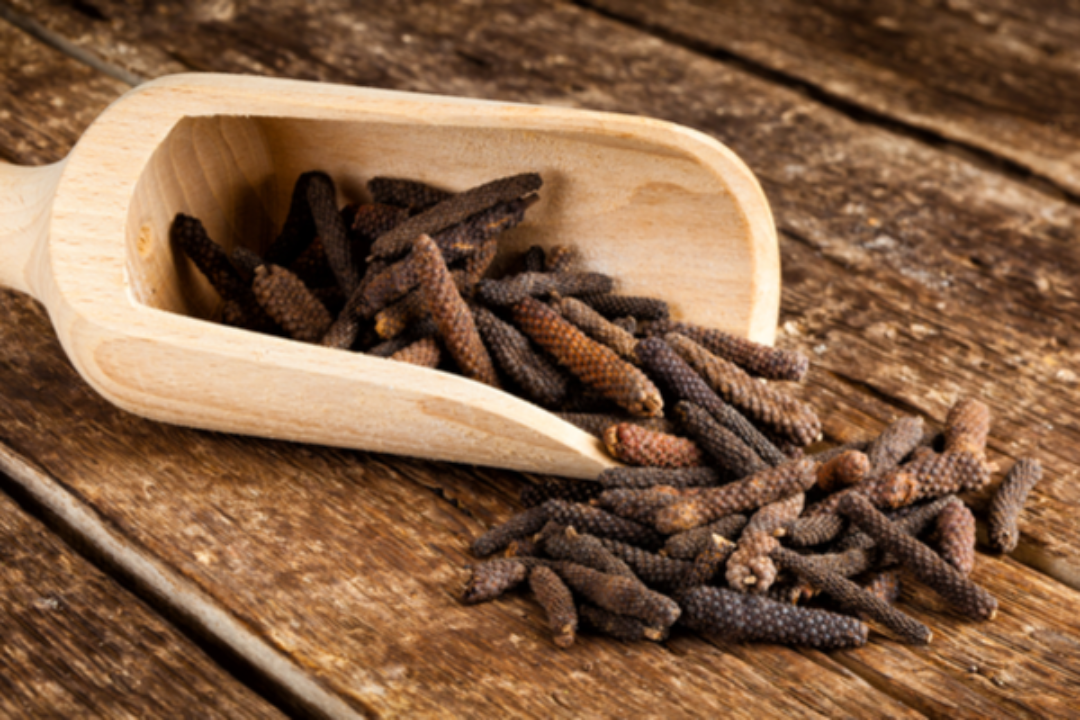
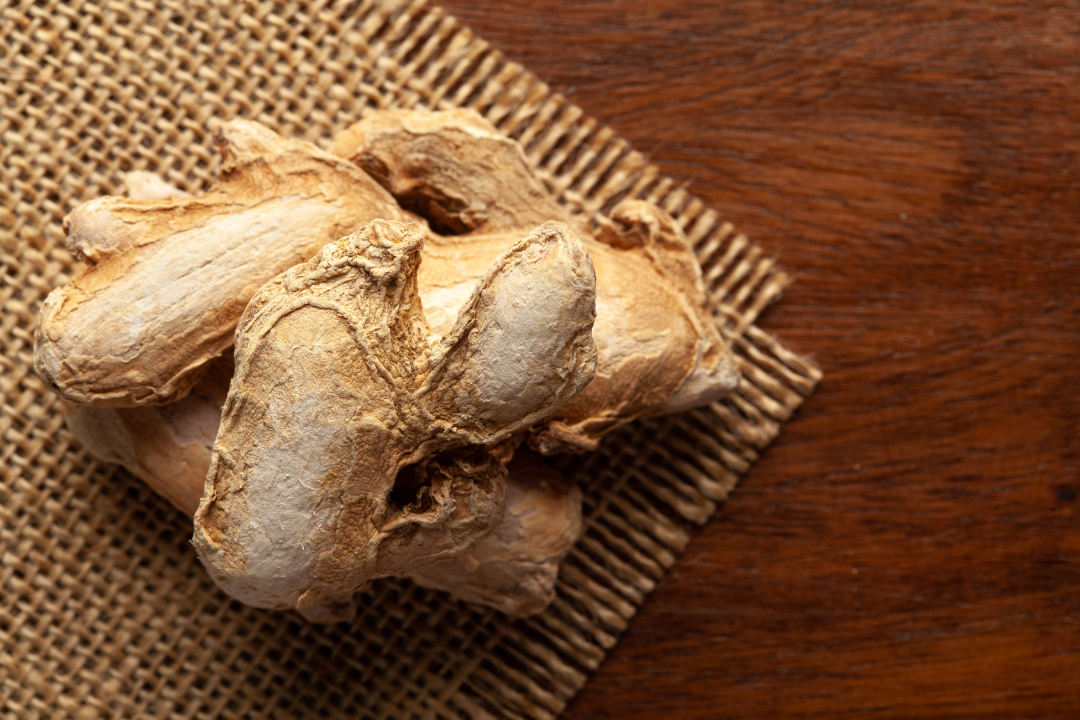
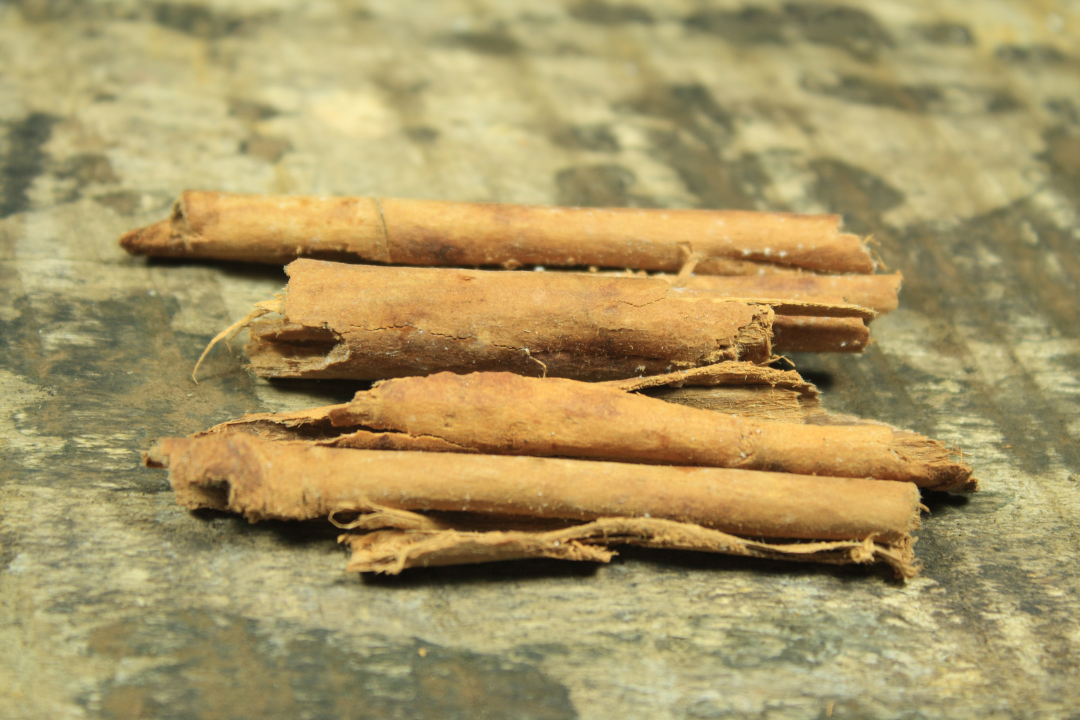
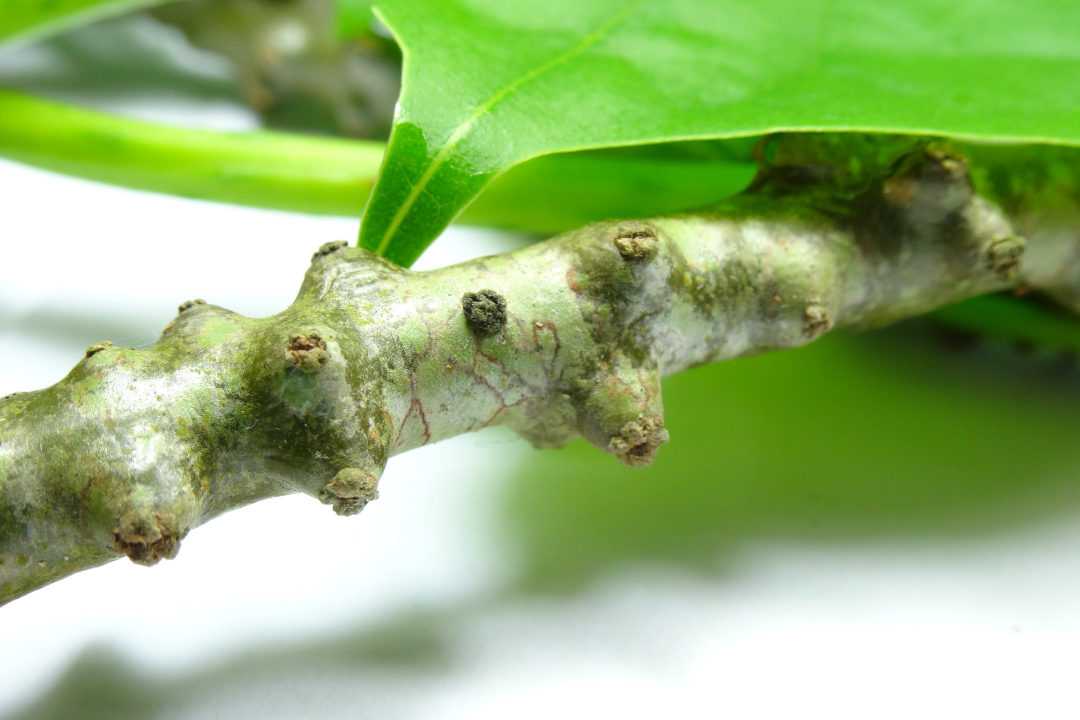






0 Comments